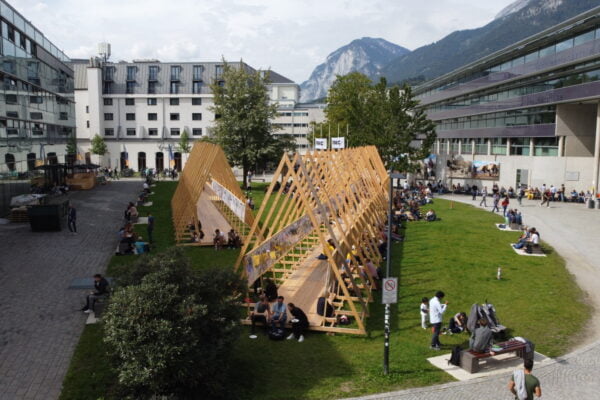
NAME:
SOWI - Garden
BUILDING:
SOWI
FLOOR:
0
TYPE:
Garden
CAPACITY:
2000
ACCESS:
Public Access
EQUIPMENT:
---
Global warming is affecting mountain ecosystems worldwide, with species expanding their ranges to higher altitudes and creating novel species communities with altered functional characteristics and novel species interactions. Different alpine ecosystem types vary in their abiotic adversity and may thus be expected to be more or less prone to colonization from lower altitude species. To investigate species range expansion, thermophilization, and ecosystem colonization sensitivity of Norwegian mountain summits, we performed a resampling study of 12 previously surveyed mountain summits in the Filefjell area, Southern Norway. We recorded the highest occurring individual of each species of vascular plants as well as the ecosystem type they were found in during August 2024, and compared our findings with historical data from the same summits dating 14 years back. A range of species had increased the altitude of their highest occurrence on the summits. Dahl’s R species indicator values for heat requirement during the growing season had significantly increased since 2010, indicating an increase in temperatures on the summits. The mapped ecosystem types clearly differed in ratio of new species vs. total number of species with boulder fields showing the highest ratios while ridges showing the lowest. Our results corroborate the documented trends of thermophilization on mountain summits in general, but also suggest that summits with different compositions of ecosystem types differ in colonization sensitivity, rendering some more prone to vegetation change than others.

We and use cookies and other tracking technologies to improve your experience on our website. We may store and/or access information on a device and process personal data, such as your IP address and browsing data, for personalised advertising and content, advertising and content measurement, audience research and services development. Additionally, we may utilize precise geolocation data and identification through device scanning.
Please note that your consent will be valid across all our subdomains. You can change or withdraw your consent at any time by clicking the “Consent Preferences” button at the bottom of your screen. We respect your choices and are committed to providing you with a transparent and secure browsing experience.